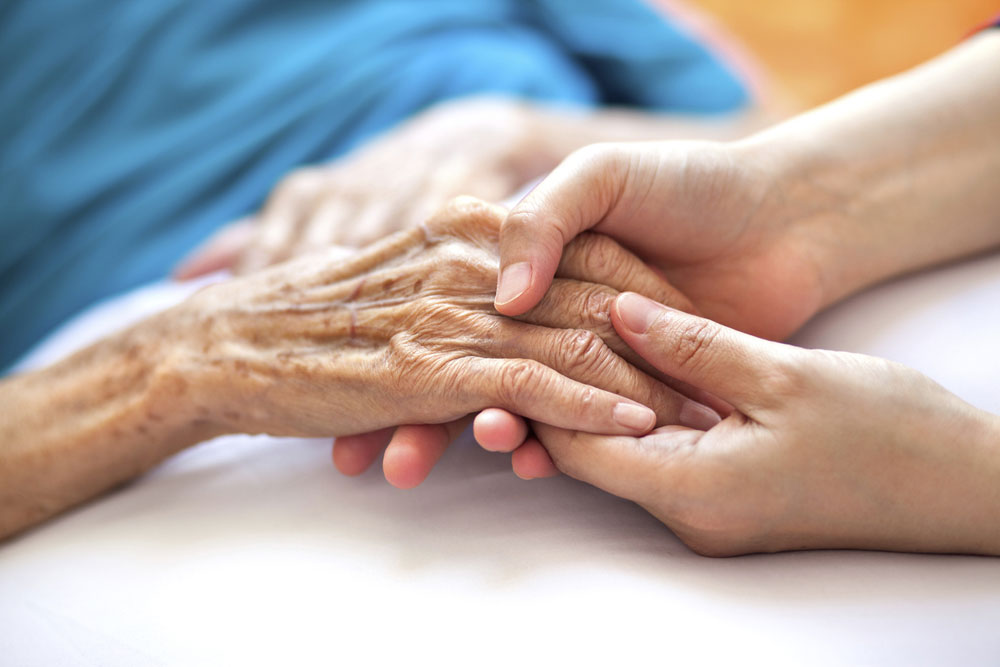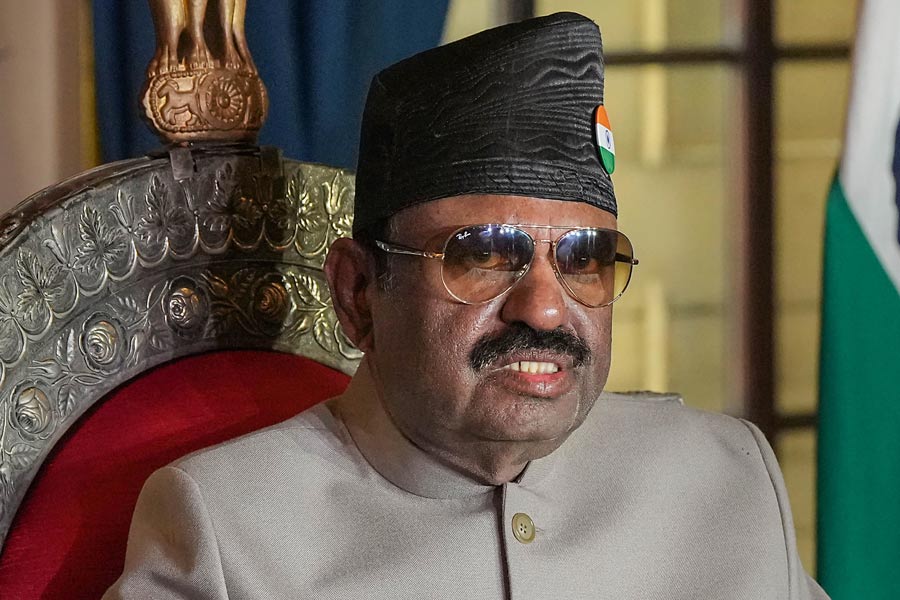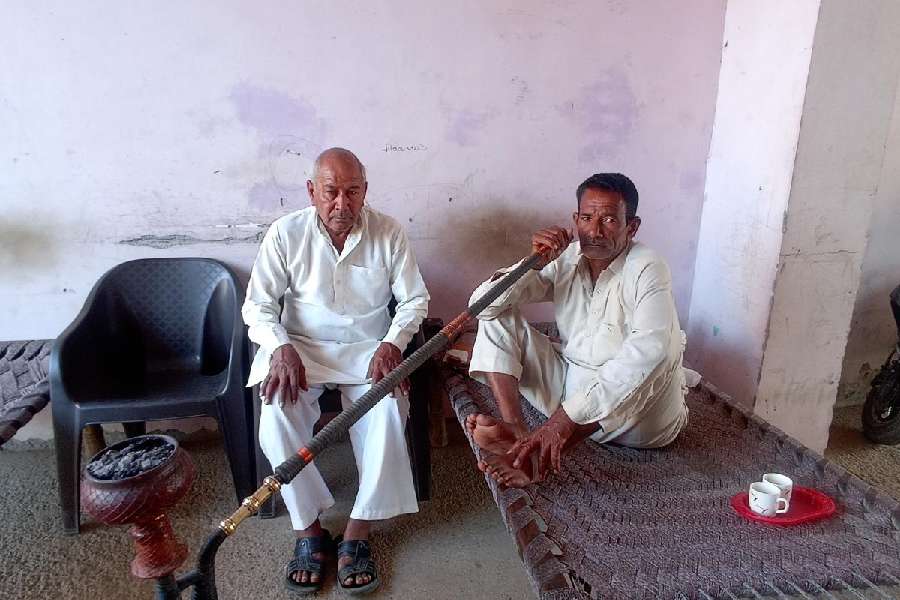There is no escaping the onslaught of time, age and neglect, and few know this better than the elderly population of India. The Supreme Court seemed to recognize their plight when it instructed the Centre to ensure that all states and Union territories comply with the Maintenance and Welfare of Parents and Senior Citizens Act, 2007, and to find ways to increase the monthly pension for elderly citizens. The apex court’s directives are heartening, but the reason why they had to be outlined in the first place cannot be ignored: there is a marked lack of constitutional provisions for the protection of the rights of the elderly, for their burgeoning numbers were not envisaged even by the Constitution. The implications of this are worrying, for it renders the ill-treatment and neglect of a vulnerable section of the population rather easy. The conditions of existing old-age homes are pitiful, and affordable healthcare, including specialized geriatric facilities in hospitals, remains out of reach. Moreover, the apathy of the State and its institutions makes the implementation of the existing law an uphill task. Many senior citizens do not know that they can take their children or next of kin to court for negligence and exploitation; those that do know, often cannot — or do not want to — take such action, even if it means putting up with maltreatment and the denial of basic needs. Social realities in the country, as the apex court has recognized, keep worsening for the elderly; their rights and entitlements, on the other hand, have, thus far, shown no signs of being revised for the better.
In the light of this, it becomes clear that protecting the elderly must go beyond ensuring their safety and health. They must, most crucially, be enabled to live with dignity, a factor that has been disregarded both culturally and at the policy level. One way to achieve this is to reimagine the elderly population as an economically valuable constituency that is capable of taking the economy forward with its experience and even its labour. Organizations might consider formulating policies to retain or employ senior workers, while banks may think of special credit schemes for the retired to begin small businesses. Not only will the economy thus gain from their expertise, but the elderly will also feel empowered and respected. It is the job of the State to take care of the nation’s senior citizens; when will it understand that this can be achieved by giving them a sense of self-worth?











